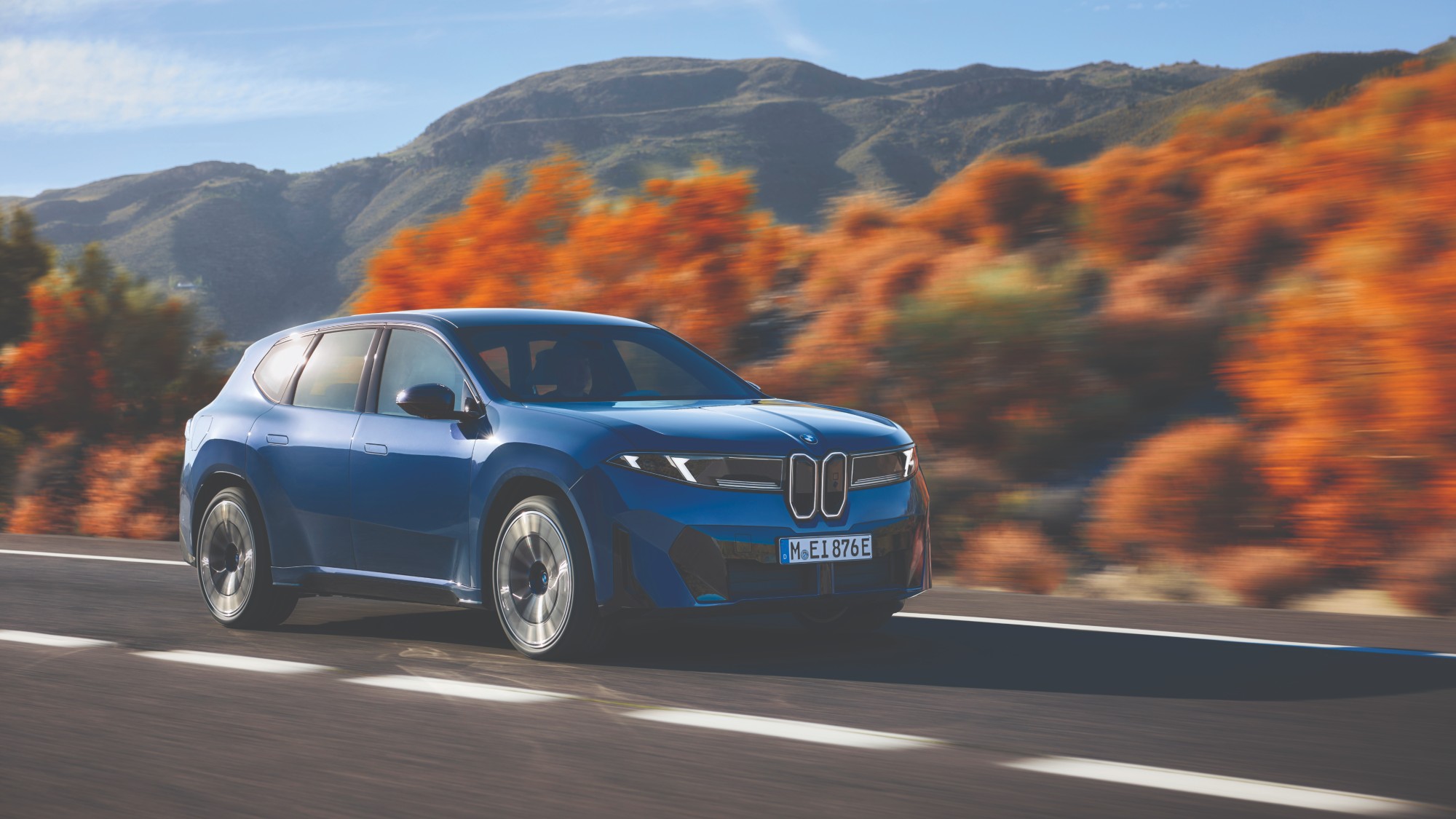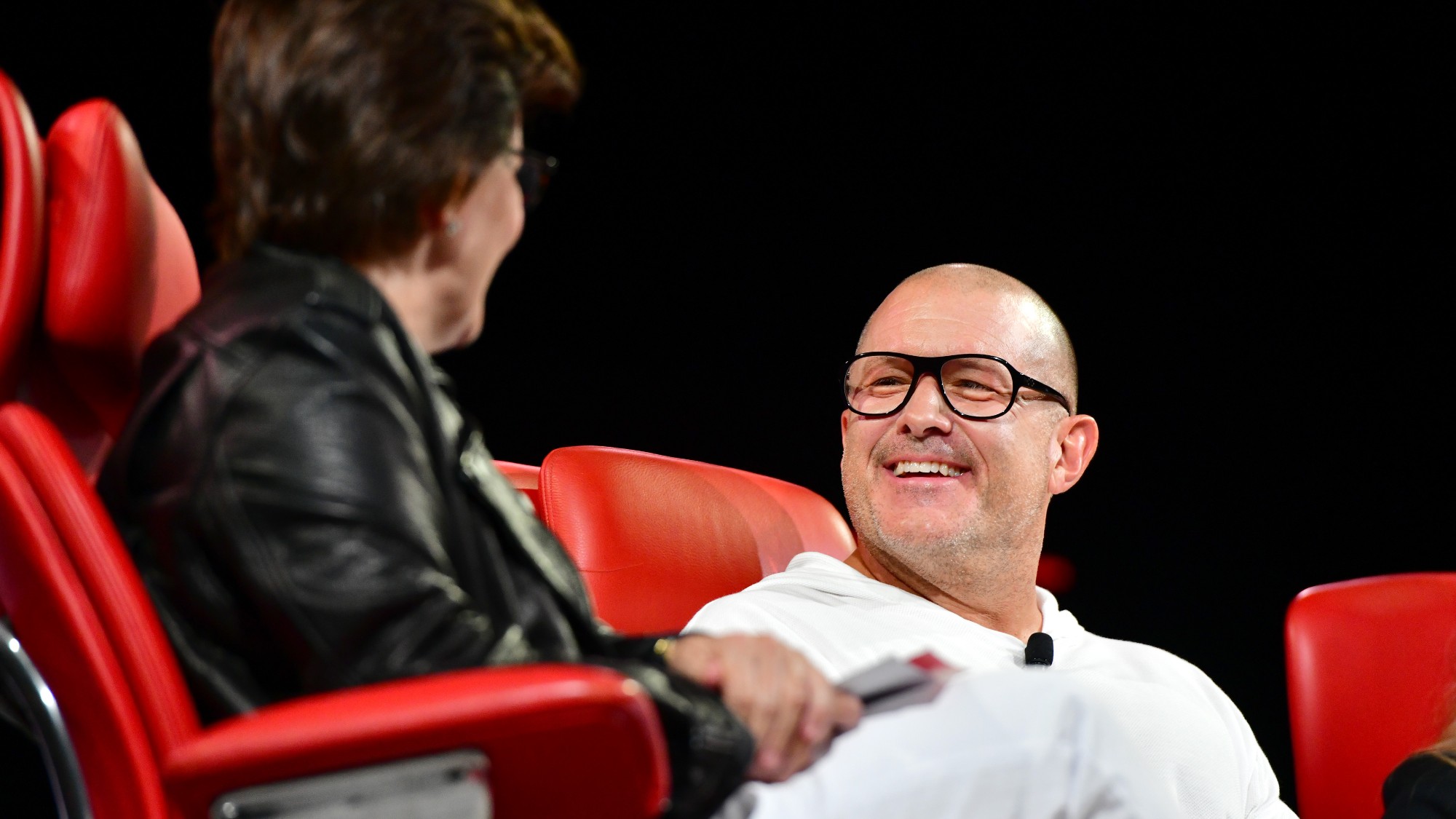Are plug-in hybrids better for America's climate goals?
The car industry considers a 'slower, but more plausible path' to reducing emissions


A free daily email with the biggest news stories of the day – and the best features from TheWeek.com
You are now subscribed
Your newsletter sign-up was successful
What's the greenest, most climate-friendly car in America? It's got to be an electric vehicle, right? Nope. It's actually the Toyota Prius Prime SE, a plug-in hybrid "that can go 44 miles on electricity before switching to hybrid," said The Washington Post. That assessment is based on a measure that includes a vehicle's carbon emissions both on the road and while it's being manufactured. And on that basis, the Prius Prime's "weight, battery size and overall efficiency" give it the overall edge.
This is another piece of evidence that "carmakers pumped the brakes on hybrid cars too soon" in the climate-driven shift to EVs, Umair Irfan said at Vox. While electric vehicle sales are still rising, that increase isn't "on pace for what is ostensibly their ultimate goal: mitigating climate change." Instead, the marketplace shows that "Americans are buying around as many hybrid cars as fully electric vehicles, and demand is growing." While sales increase, however, car companies are reducing the number of hybrid models they offer.
The White House on Wednesday announced new tailpipe rules that will push both EVs and hybrids, CNN said. The new goal is to boost EV sales from 7.6% of new car sales to 35% to 56% and boost hybrids to 13% to 36% of sales.
The Week
Escape your echo chamber. Get the facts behind the news, plus analysis from multiple perspectives.

Sign up for The Week's Free Newsletters
From our morning news briefing to a weekly Good News Newsletter, get the best of The Week delivered directly to your inbox.
From our morning news briefing to a weekly Good News Newsletter, get the best of The Week delivered directly to your inbox.
'Slower, but more plausible path'
"The Biden administration's previous effort to push drivers into electric vehicles is unrealistic," The Washington Post said in an editorial before the Wednesday announcement. The need to take climate action is real, but so are concerns about "ill-wrought, heavy-handed intrusion by the government into Americans' lives." Shifting the push to include plug-in hybrids will represent a "slower, but more plausible path" in the face of challenges to quickly growing the EV fleet. That transition will still have to happen. For now, though, "perhaps the best case for hybrid gas/electric cars is that the driving public is embracing them."
"We can't let up on the pedal in the drive for electric vehicles," Dan Becker and Maya Golden-Krasner said at Newsweek. It's not just a matter of climate, but competition: China's BYD is already selling millions of cheap EVs around the world, beating out Elon Musk's Tesla for the globe's top electric car company. If American carmakers slow their transition to EVs, "China will be happy to export them to us and import our jobs and profits." One way or another, the transition is coming, and for good reason: "The biggest single step we can take to tackle global warming is slashing auto pollution."
The problem? "EV euphoria is dead," said Michael Wayland at CNBC. Yes, there was "significant interest from early EV adopters," but carmakers and the Biden administration "overestimated the willingness of consumers to adopt a new technology without a reliable and prevalent charging infrastructure." Hanging over all of this: The presidential election. If Donald Trump becomes president, "he's expected to scale back or remove the fuel economy mandates" — and give EVs another setback.
'No one way to cut emissions'
The biggest beneficiary of the popularity of plug-in hybrids is Toyota, said The New York Times. The company "bucked the industry's conventional wisdom" by sticking with hybrids while competitors moved to EVs. It's paying off: The company's sales rose 20% in January and February. Said one executive: "A lot of our customers have been telling us they want choice — hybrids, plug-ins, and EVs."
A free daily email with the biggest news stories of the day – and the best features from TheWeek.com
So: Is an EV or plug-in hybrid better for the environment? "This isn't a cut-and-dry issue," Conrad Swanson said at The Seattle Times. While an EV might produce fewer emissions than a plug-in hybrid, the hybrid will be more affordable — and thus more likely to be purchased — than the EV. This means the debate at this point is essentially a math problem. "Are we better off having 10 cars that cut their emissions by 100% or 50 cars that cut their emissions by 50%?" one expert said. Perhaps the problem is looking at the choice as an either-or, Swanson said. "There's no one way to cut our emissions, individually or collectively."
Joel Mathis is a writer with 30 years of newspaper and online journalism experience. His work also regularly appears in National Geographic and The Kansas City Star. His awards include best online commentary at the Online News Association and (twice) at the City and Regional Magazine Association.
-
 The ‘ravenous’ demand for Cornish minerals
The ‘ravenous’ demand for Cornish mineralsUnder the Radar Growing need for critical minerals to power tech has intensified ‘appetite’ for lithium, which could be a ‘huge boon’ for local economy
-
 Why are election experts taking Trump’s midterm threats seriously?
Why are election experts taking Trump’s midterm threats seriously?IN THE SPOTLIGHT As the president muses about polling place deployments and a centralized electoral system aimed at one-party control, lawmakers are taking this administration at its word
-
 ‘Restaurateurs have become millionaires’
‘Restaurateurs have become millionaires’Instant Opinion Opinion, comment and editorials of the day
-
 BMW iX3: a ‘revolution’ for the German car brand
BMW iX3: a ‘revolution’ for the German car brandThe Week Recommends The electric SUV promises a ‘great balance between ride comfort and driving fun’
-
 Is a social media ban for teens the answer?
Is a social media ban for teens the answer?Talking Point Australia is leading the charge in banning social media for people under 16 — but there is lingering doubt as to the efficacy of such laws
-
 The best new cars for 2026
The best new cars for 2026The Week Recommends From SUVs to swish electrics, see what this year has to offer on the roads
-
 Why are American conservatives clashing with Pope Leo?
Why are American conservatives clashing with Pope Leo?Talking Points Comments on immigration and abortion draw backlash
-
 Questions abound over the FAA’s management of Boeing
Questions abound over the FAA’s management of BoeingTalking Points Some have called the agency’s actions underwhelming
-
 'Immigrant' Superman film raises hackles on the right
'Immigrant' Superman film raises hackles on the rightTALKING POINT Director James Gunn's comments about the iconic superhero's origins and values have rankled conservatives who embrace the Trump administration's strict anti-immigrant agenda
-
 Disney is still shielding Americans from an episode of 'Bluey'
Disney is still shielding Americans from an episode of 'Bluey'Talking Points The US culture war collides with a lucrative children's show
-
 Jony Ive's iPhone design changed the world. Can he do it again with OpenAI?
Jony Ive's iPhone design changed the world. Can he do it again with OpenAI?Talking Points Ive is joining OpenAI, hoping to create another transformative piece of personal technology. Can lightning strike twice?
